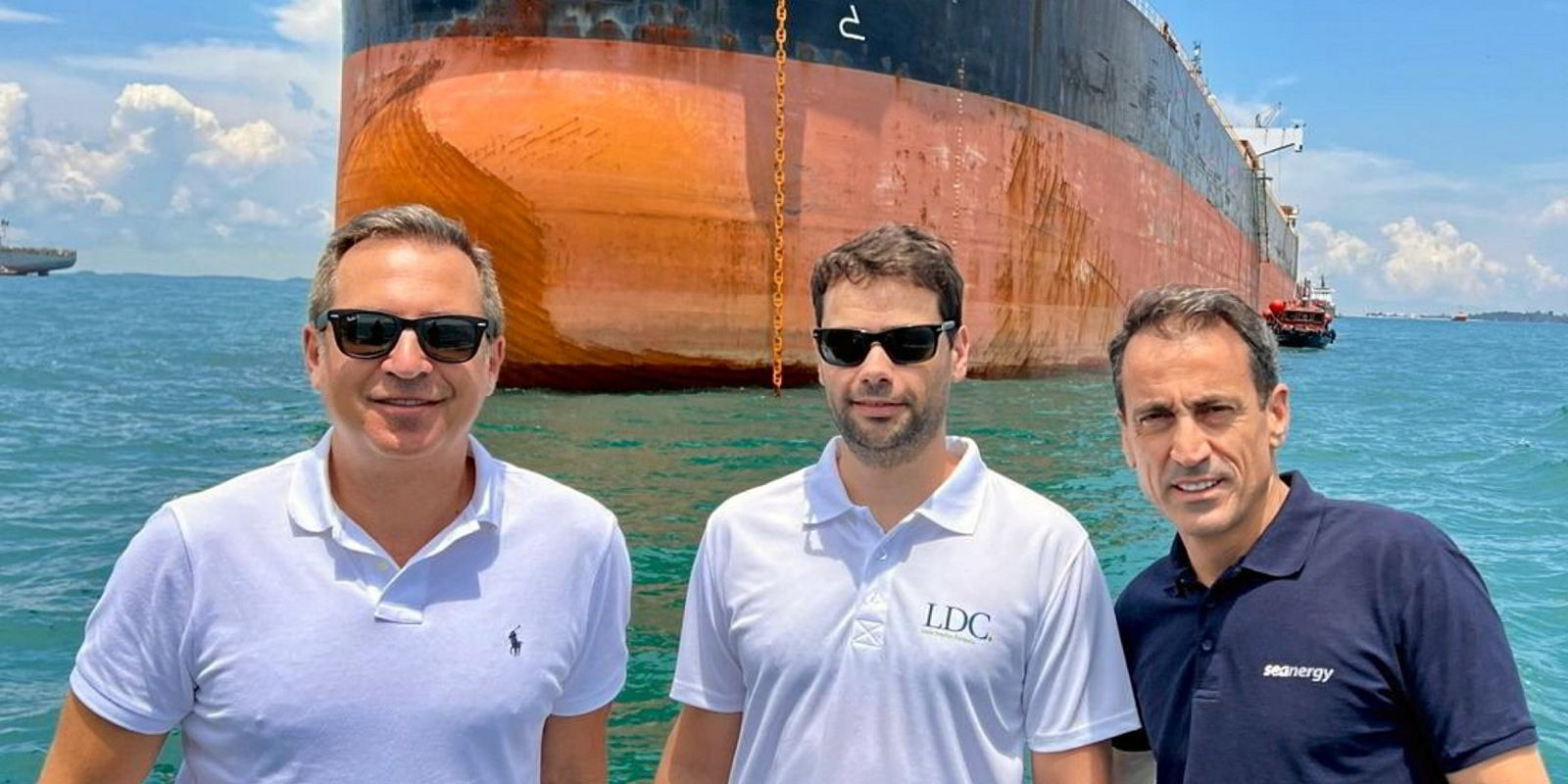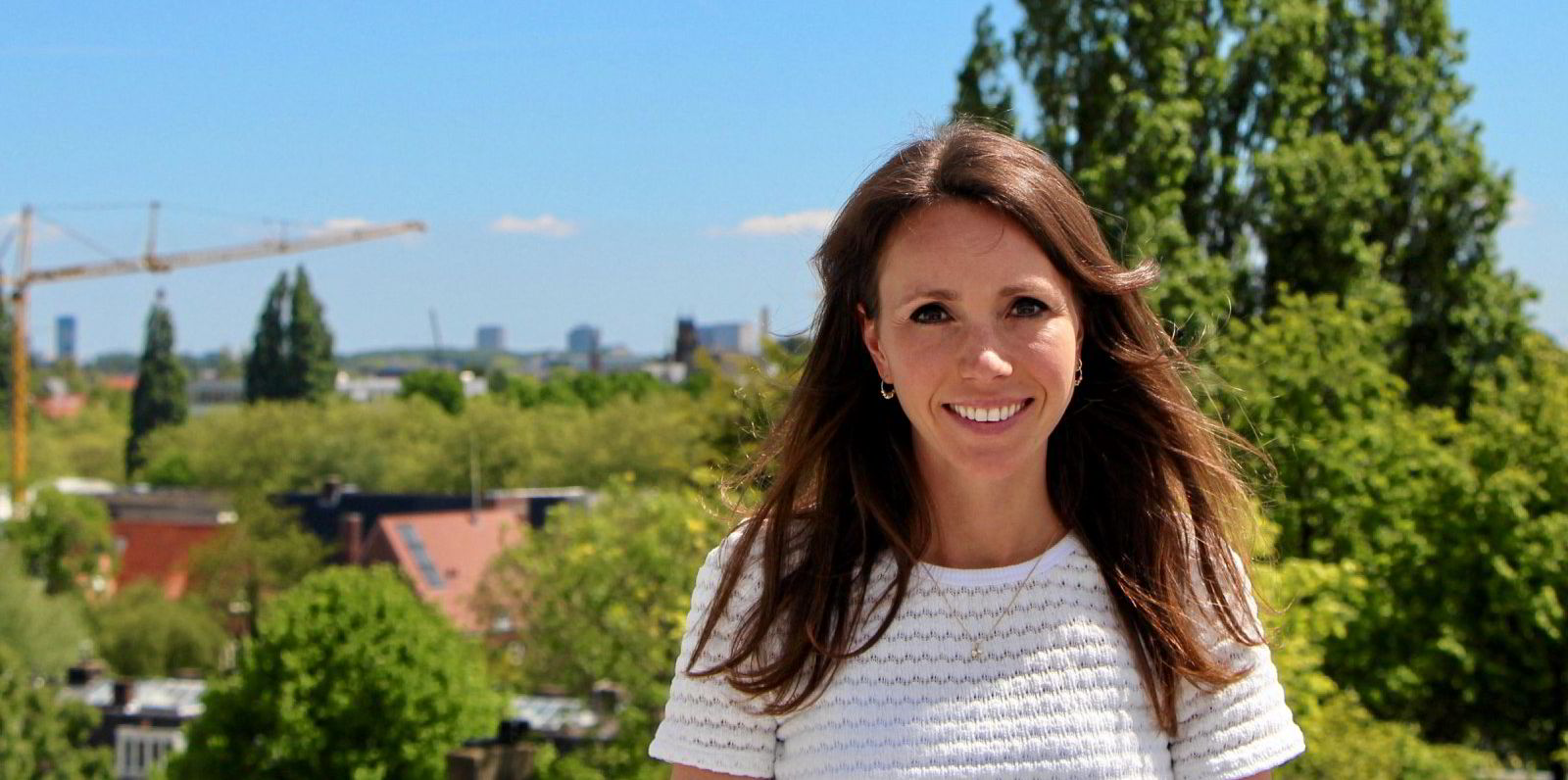A top Greek shipowner has urged the shipping industry to do as much as possible to upgrade the existing fleet before looking at alternative fuels.
“Before we talk about building new ships, with new technology that will change marine propulsion as we have known it for the past 50 years, let’s talk about the basic steps,” Seanergy Maritime chief executive Stamatis Tsantanis told the 5th annual Capital Link Singapore maritime forum.
“You cannot go from A to Z in a single move, we have to take it step by step,” he said.
“So, before the industry is ready to invest in methanol, ammonia or hydrogen or whatever that might be, as well as the cost associated with this super-expensive exercise, let’s see what we can do with the existing fleet,” he added.
Tsantanis asked how many companies globally are investing in improving their existing ships as a percentage of the world fleet, “is it 10%, is it 15% or is it 20%?”
Fergus Eley, BHP’s head of supply chain and energy, commercial and energy transition, told delegates that one option to tackle decarbonisation was to find specific solutions to specific trade lanes.
“That is where we need to focus our energies,” he said.
“The answer is not to find a single solution, but to find a solution from a fuel perspective and a vessel perspective, that is the most commercially viable for that specific trade lane.”
Longer term, Eley said BHP has been doing a lot of work to investigate the potential for hydrogen and ammonia solutions on some of its trade lanes.
It has been working with the Singapore-based Global Centre for Maritime Decarbonisation on issues such as safety and the toxicity of these new fuels.
Eley said if these issues can be overcome, the next step for BHP would be to start to look at the commercial viability of these fuels.
Wah Kwong Maritime Transport Holdings executive chairman Hing Chao said he was a big believer in the contribution data usage can make to decarbonisation.
“We have to truly understand the environmental performance of our assets,” he told the forum.
He said there were basically three ways to decarbonisation without going into future fuels: smart operational measures, environmental improvements on ships and technical improvements such as hull blasting and engine (power) reduction.
“I think there is a huge amount we can do [to decarbonise shipping],” he added.





